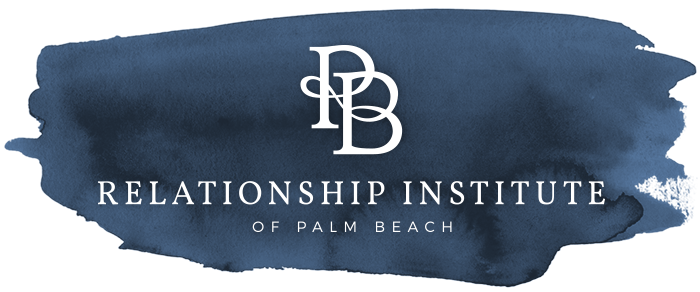Self-Medicating Our Wounded Inner Child
When we hear someone begin talking about their ‘inner child’, our first inclination may be to tune them out and roll our eyes. “What a load of therapeutic nonsense,” we may think to ourselves. “Inner child? Come on. Time to grow up.” In actuality, while we may believe that our adult selves are dictating our feelings and behaviors, many of us are largely motivated by a wounded inner child that resides deep within us.
Self-destructive behaviors manifest in many differing ways. Some of us engage in self-sabotaging behaviors, perhaps showing up 30 minutes late to the most important meeting of the year, or cancelling a big date minutes before the meet-up. Some of us engage in self-destructive behaviors, perhaps drinking to excess, shopping ourselves into bankruptcy, or taking on numerous sexual partners while in a committed relationship. This destructive behavior that we engage in as adults often mimics the self-importance and childishness of a temper tantrum; or, it may resemble the neediness of a newborn infant – the fear of abandonment and the emotional dependency.
While the ‘inner child’ is the center of many recent self-help movements and pop psychology fads, it is a psychological notion that has been around for quite some time – since before Freud, in fact. Of course, it was Sigmund Freud who first intimated that most self-destructive behavioral patterns stem from an unconscious part of ourselves. At one point in time, we were all children, and we still have that child residing somewhere deep within us. Because we (as adults) lack a conscious understanding of or relatedness to our inner children, we remain unaware of this fact. Unfortunately, this disconnection is where so many of our emotional, behavioral, and relational difficulties live. In order to change our self-destructive behaviors, we must heal our wounded inner children – and in order to do this, we must first acknowledge them and connect with them in a cohesive way.
The truth of the matter is, just as we were all children once, we all get older. This is simply a physiological fact. Yet just because we are aging, we are not necessarily growing more mature. Many of us stay unwittingly trapped in a place of emotional and psychological childishness; a place of reactivity. This is especially true when it comes to substance abuse. Those who struggle with addictive disorders often initially began using because of a subconscious desire to self-medicate some kind of deep, internal pain. As adults, we are convinced that we left the emotional baggage of childhood behind. And then something triggers us – maybe more than we believe it should. Perhaps a long-time lover leaves us, and we begin drinking a fifth of whiskey every night to cope with the loss. Are we simply ill-equipped to deal with heartbreak? Upon further investigation, we might find that our wounded inner child was triggered by this loss – that we have a long-standing fear of abandonment, dating way back to adolescence, that caused us to resort to self-destruction. We can’t cope with the idea of being abandoned yet again… our inner child still aches for resolution. We self-medicate because we simply don’t know what else to do.
Of course, addictive disorders don’t always manifest in the form of substance abuse. It depends on the type of unresolved wounds an individual is dealing with, in large part. If an individual was neglected throughout childhood, and was never shown the emotional affection that he or she longed for, a sexual addiction is liable to develop. The individual uses sexual obsessions and compulsions to self-soothe, in a way; seeking the validation that he or she never received in childhood from a host of sexual partners. Yet self-medication never does the trick, or is only very temporarily effective. The first step towards authentic healing is validating our pain. Why are we drawn to certain self-destructive behavioral patterns? What kind of relief are we getting (or attempting to get) from self-medication? Because everyone is imperfect, including our parents or primary caregivers, it is almost inevitable that some of our earliest needs were not adequately met. And while what was done cannot be undone, we can both accept the past and actively take care of the needs of our wounded inner child. Authentic adulthood includes accepting past wounds and re-parenting our inner child ourselves. It us up to us to grow ourselves back up.
Jessica Baum is a highly knowledgable and compassionate Palm Beach relationship therapist, boasting years of professional experience in the realm of inner child work and healing the lasting wounds of early trauma. If you are struggling to maintain healthy relationships, or have found yourself repeatedly engaging in self-destructive behaviors despite interpersonal consequences, please reach out today.

